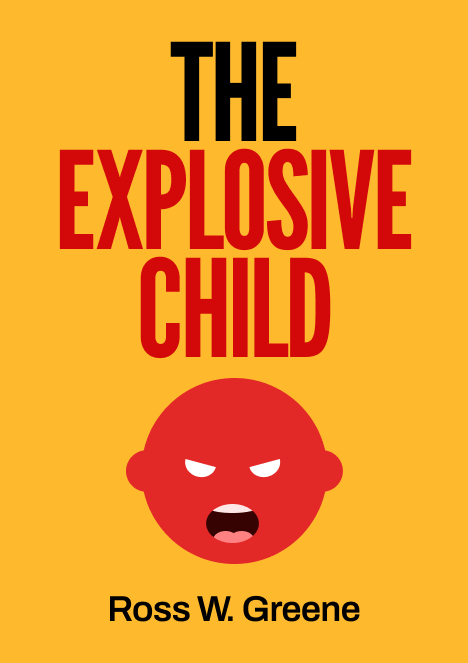Jennifer is an eleven-year-old girl who struggles with anger, and often becomes aggressive, uncontrollable, and sometimes even violent. This affects both her parents and her seven-year-old brother, Riley. Once, for example, Jennifer became very angry because Riley wanted to eat waffles. Even though they were Riley’s waffles, Jennifer decided that her brother was not allowed to have them, and started yelling and screaming at him and their mother. The smallest things could trigger Jennifer’s anger, and her parents, Debbie and Kevin, had no idea what to do. They were desperate and exhausted. The doctors diagnosed Jennifer with conduct disorder, and prescribed medication, but it did little to help. Other specialists suggested various treatments, which all involved punishments and rewards, but these did not work either. There are many children just like Jennifer in the world, who do not respond to the most common treatments, and who are like ticking time bombs, exploding at the drop of a hat.
So, what can we do to help? There are no easy solutions, but the first step is to try and understand why these behaviours occur, and why the child responds to problems and frustration in this way. We also need to stop thinking that these children are manipulative, selfish, or stubborn. Many people mistakenly believe that they choose to behave aggressively or inappropriately, when the real problem is that they lack flexibility, adaptability, emotional management, and a tolerance for frustration. We tend to take it for granted that all children have these skills, but this is not the case. Children with behavioural issues would much prefer to respond to problems in a balanced way, but they are unable to, as they do not have the necessary tools. If Jennifer could stop being aggressive towards her brother over the waffles, she would, but she has no idea how to change her behaviour. It is the only way she knows.
